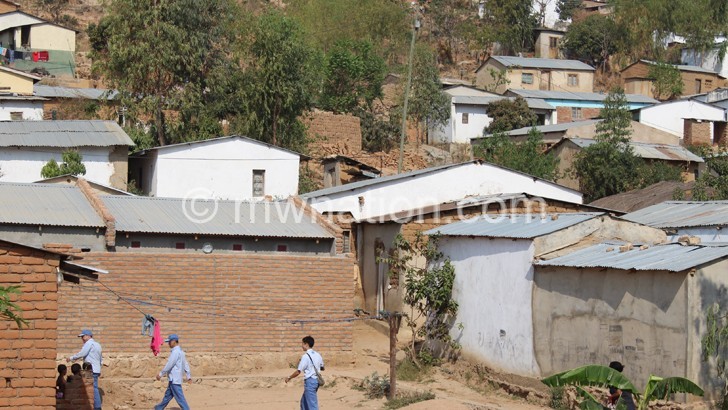‘Good governance key to addressing population growth’
As the National Statistical Office gears up for the Population and Housing Census (PHC) in September amid concerns of high population growth in the country, experts have urged government to fight corruption if it is to address population growth.
A senior lecturer in the Department of Social Development at the University of Cape Town, Chance Chagunda says a corrupt-free government is key to addressing population growth challenges that most countries face.
In an interview on Saturday, Chagunda said good governance will ensure that government resources are directed at the growing population.

He said: “As the Malawi population increases, we need a corruption-free government and good governance so that the little resources we have can be properly utilised by the growing population. As we choose our political leaders, we must be aware of who can take Malawi towards socio-economic development.”
Chagunda added that high population growth results in poor economic growth, thereby leading to high unemployment levels and poor farming technologies, among others; hence, being disastrous to a country’s growth.
In a separate interview, Economics Association of Malawi (Ecama) president Chiku Kalilombe said when population growth is faster than economic growth, people share few resources which in the end results in poverty.
“On the other hand, if we had fast economic growth, population growth could have advantages of market creation. But that is not our situation,” he said.
Malawi’s population is currently projected at 18 million from 13.1 million in 2008, with a growth rate of three percent. It is estimated to reach 30 million by 2030.
At the opening of the launch of the 2018 Population and Housing Census Publicity and Countdown Campaign at the Bingu International Convention Centre in Lilongwe last month, Minister of Finance, Economic Planning and Development Goodall Gondwe urged Malawians to self-regulate on the number of children they have as one way of controlling population growth.
Gondwe said the more the population grows, the lower the national per capita income leading to more poverty. He said the country’s per capita income is just above 400 dollars per person against the current population.
The National Statistical Office (NSO) is expected to conduct the first ever electronic census starting from September 3 to 23 this year.





